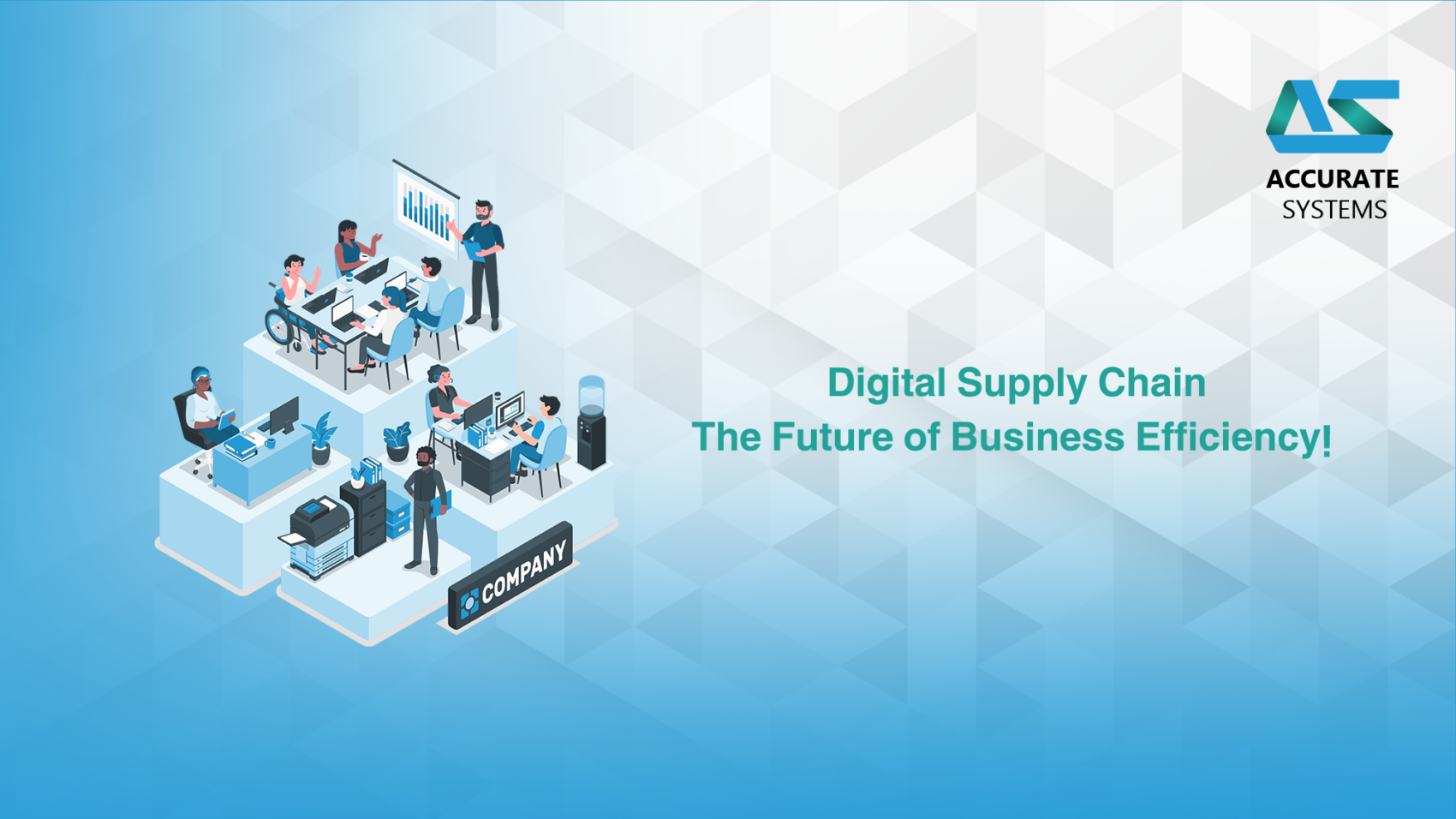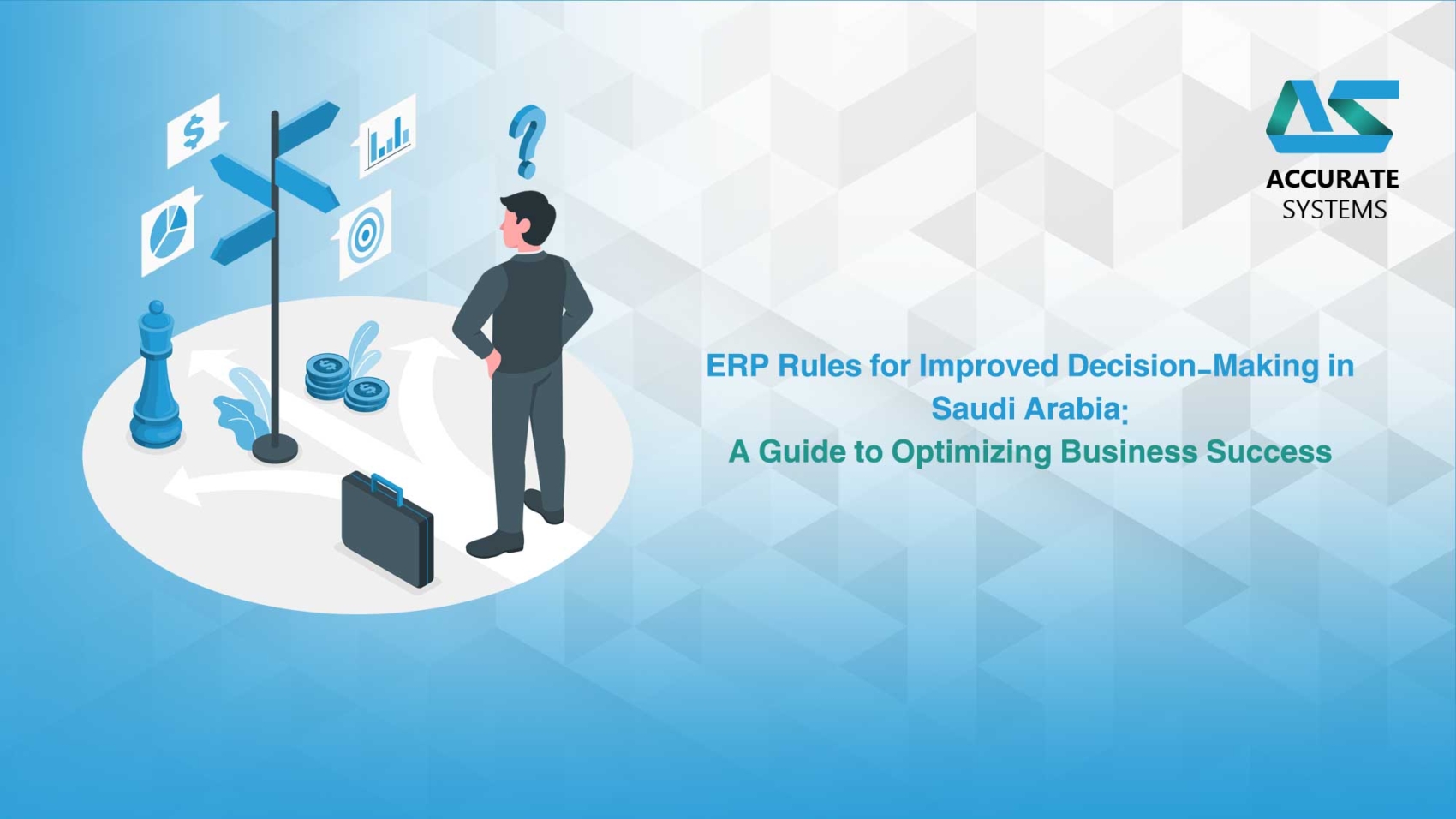ERPNext is transforming the ERP landscape, and by 2025, the integration of Artificial Intelligence (AI) and Machine Learning (ML) will redefine its capabilities. These cutting-edge technologies will elevate ERPNext to new heights, making it a go-to solution for businesses seeking intelligent, scalable, and efficient enterprise resource planning. Below, we explore how ERPNext’s AI and ML features will benefit businesses and enhance performance in 2025.
AI-Powered Analytics for Smarter Decision-Making
ERPNext will utilize AI to revolutionize data analytics, enabling businesses to make smarter decisions based on real-time insights and predictions.
- Demand Forecasting: AI will analyze historical data, market trends, and seasonality to predict demand accurately. This helps businesses optimize inventory management and avoid stockouts or overstocking.
- Financial Planning: Machine learning models will project cash flow, profitability, and expenses, aiding businesses in creating data-driven financial strategies.
- Operational Efficiency: Predictive analytics will identify bottlenecks in production and supply chains, allowing businesses to take corrective action before issues escalate.
These features will provide actionable insights, helping businesses stay competitive in dynamic markets.
Automating Business Processes with AI
Automation is a cornerstone of AI in ERP systems. By 2025, ERPNext will automate repetitive tasks across modules, saving time and reducing human error.
- Invoice Processing: AI-powered tools will handle invoice matching, fraud detection, and payment scheduling seamlessly.
- Inventory Optimization: Intelligent algorithms will track stock levels and automatically reorder supplies when necessary, ensuring uninterrupted operations.
- Customer Service: Chatbots integrated into ERPNext will provide instant support, addressing common queries and enhancing customer satisfaction.
Automating these processes will streamline workflows and allow employees to focus on strategic tasks.
Smart Recommendations for Better Business Outcomes
ERPNext’s AI capabilities will provide personalized recommendations to optimize business operations:
- Pricing Strategies: AI will analyze competitor pricing, market conditions, and customer behavior to recommend the best pricing for products or services.
- Workforce Management: AI will optimize employee schedules based on workload and availability, reducing inefficiencies.
- Procurement Decisions: Machine learning will suggest the best suppliers by analyzing past performance, delivery timelines, and cost-effectiveness.
These intelligent suggestions will help businesses maximize profitability and efficiency.
Predictive Maintenance for Manufacturing Excellence
Manufacturers using ERPNext will benefit significantly from AI-driven predictive maintenance:
- Real-Time Monitoring: IoT sensors integrated with ERPNext will collect data from machinery, enabling AI to predict maintenance needs before failures occur.
- Downtime Reduction: Proactive maintenance will minimize unexpected downtime, ensuring continuous production.
- Cost Savings: Businesses can avoid unnecessary repairs and extend equipment lifespan through AI-driven maintenance schedules.
Predictive maintenance will boost operational reliability and cost efficiency.
Fraud Detection and Anomaly Alerts
AI in ERPNext will bring robust security and fraud detection to financial and operational processes:
- Transaction Monitoring: AI will flag irregularities, such as duplicate invoices or unauthorized transactions, to prevent financial fraud.
- Access Control: Intelligent systems will detect unusual login activity or attempts to access sensitive data.
- Supply Chain Risks: ERPNext will monitor supplier performance to identify risks, such as delayed shipments or quality issues.
Enhanced security features will build trust and protect business operations.
Personalized User Experiences with AI
ERPNext will use AI to provide a more intuitive and personalized user experience:
- Custom Dashboards: AI will analyze user behavior to create dashboards tailored to individual needs.
- Workflow Optimization: Smart suggestions will streamline frequently used processes, saving time and effort.
- Natural Language Processing (NLP): Users can interact with ERPNext using voice or text queries, such as “Generate a sales report for last month.”
These advancements will simplify navigation and improve user satisfaction.
AI-Driven HR and Workforce Optimization
ERPNext’s HR module will leverage AI to address workforce challenges effectively:
- Attrition Prediction: AI will analyze engagement metrics to predict potential employee attrition, enabling proactive retention strategies.
- Smart Hiring: Machine learning will screen resumes and recommend top candidates for specific roles.
- Performance Management: AI will provide actionable feedback on employee productivity, helping managers optimize team performance.
These features will empower HR teams to make data-driven decisions.
Integration with IoT and Edge Computing
By 2025, ERPNext will seamlessly integrate with IoT devices, enabling real-time data processing and enhanced automation:
- Warehouse Management: IoT sensors will monitor stock levels and provide instant updates to the ERP system.
- Energy Efficiency: AI will analyze energy consumption patterns and recommend ways to reduce costs in manufacturing facilities.
- Quality Control: AI will detect defects in production early by analyzing IoT-generated quality data.
This integration will bridge the gap between physical and digital operations, driving efficiency.
Continuous Learning and Updates
ERPNext’s AI models will continuously learn from new data, ensuring accuracy and relevance over time:
- Adaptive AI Models: AI will evolve with business needs, offering insights that align with changing market conditions.
- Community Contributions: As an open-source platform, ERPNext will benefit from global community contributions, enhancing its AI capabilities regularly.
This adaptability ensures ERPNext remains a future-ready solution.
Ethical AI and Data Security
ERPNext’s open-source nature ensures that AI integration aligns with ethical standards and data privacy regulations:
- GDPR Compliance: Businesses using ERPNext can ensure data privacy and compliance with global standards.
- Transparent AI Models: ERPNext will prioritize explainable AI, allowing users to understand the logic behind decisions.
- Bias-Free Algorithms: The ERPNext community will rigorously test AI models to eliminate biases and improve fairness.
These principles will establish ERPNext as a trusted, ethical ERP solution.
Conclusion
In 2025, ERPNext will stand out as an intelligent, AI-driven ERP system that streamlines operations, enhances decision-making, and automates workflows. By integrating AI and ML, ERPNext will provide businesses with tools to stay ahead in an increasingly competitive environment. From predictive analytics to personalized experiences and robust security, ERPNext will continue to redefine the ERP market.
By adopting ERPNext, businesses can embrace innovation, improve efficiency, and unlock new growth opportunities in the digital age.











